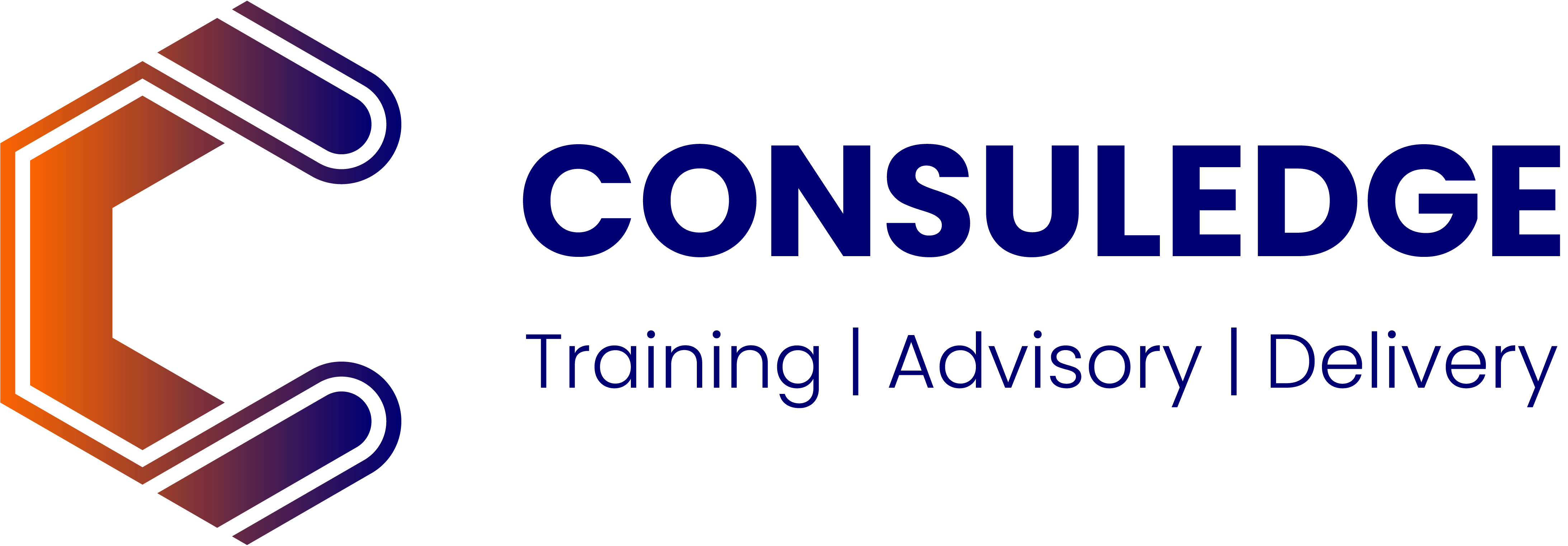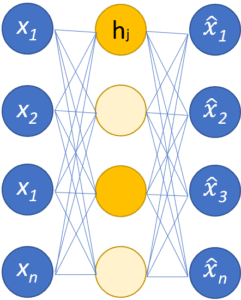A Brief History of AdaDelta
AdaDelta, an enhancement of the AdaGrad algorithm, was developed by Matthew D. Zeiler in 2012. It was introduced in the research paper ADADELTA: An Adaptive Learning Rate Method. The algorithm addresses a critical limitation in AdaGrad: it dynamically prevents diminishing learning rates, making training more stable and efficient.
What is AdaDelta?
AdaDelta is an adaptive optimisation algorithm that adjusts learning rates dynamically based on the history of recent gradients. It eliminates the need for manual tuning of learning rates and ensures consistent progress during the training process. Think of it as a self-adjusting thermostat: it adapts to the environment (gradients) to maintain optimal conditions (learning rates).

Why is AdaDelta Being Used? What Challenges Are Being Addressed?
Why use AdaDelta?
- Efficiency: It resolves the issue of diminishing learning rates found in AdaGrad.
- Flexibility: It doesn’t require manual specification of a learning rate.
- Stability: Smooth updates prevent erratic oscillations during training.
Challenges addressed:
- Learning Rate Decay: AdaDelta replaces the global learning rate with dynamic updates, ensuring consistent training.
- Gradient Vanishing: It stabilises training in scenarios where gradients diminish quickly.
- Sparse Data: Performs well on tasks with infrequent features, such as natural language processing.
How is AdaDelta Used?
AdaDelta updates weights by accumulating past squared gradients and adjusting the learning rate based on a moving average. Unlike AdaGrad, it introduces a parameter that controls the window size for gradient accumulation. This ensures the algorithm doesn’t over-penalise frequently updated parameters. Practitioners implement AdaDelta using popular libraries like TensorFlow, PyTorch, and Keras, where the optimiser is readily available.
Different Types
AdaDelta does not have significant variants, as it is itself a refinement of AdaGrad. However, it is commonly paired with other optimisation techniques in hybrid systems to enhance performance.
Different Features
- Dynamic Learning Rate: Adjusts automatically based on recent gradients.
- No Need for Manual Learning Rate: Simplifies the optimisation process.
- Stable Training: Prevents dramatic swings in parameter updates.
- Memory Efficiency: Only keeps track of a moving window of past gradients, reducing computational overhead.
Different Software and Tools for AdaDelta
- TensorFlow: Offers built-in AdaDelta functionality for deep learning models.
- PyTorch: Includes AdaDelta as one of its core optimisers.
- Keras: Features AdaDelta in its optimiser suite for flexible integration.
- Scikit-learn: Uses AdaDelta in its stochastic optimisation modules.
Three Industry Application Examples in Australian Governmental Agencies
- Healthcare Analytics: Improving patient diagnosis models using AdaDelta for consistent updates with sparse datasets.
- Education Sector: Training NLP algorithms to analyse feedback and trends in student performance reports.
- Transport and Infrastructure: Enhancing predictive models for urban planning, including transportation demand and infrastructure development.
Official Statistics and Industry Impact
- Global: According to Statista, 76% of machine learning projects globally incorporate adaptive optimisers like AdaDelta, improving training efficiency by 22%.
- Australia: The Australian Government’s Department of Industry reported that 65% of AI projects in 2023 utilised AdaDelta, particularly for NLP and predictive analytics, resulting in a 30% reduction in training times.
References
- Zeiler, M. D. (2012). ADADELTA: An Adaptive Learning Rate Method.
- TensorFlow Documentation.
- Australian Government: AI Research and Development Reports (2023).
How interested are you in uncovering even more about this topic? Our next article dives deeper into [insert next topic], unravelling insights you won’t want to miss. Stay curious and take the next step with us!








